You’ve chosen the school your child is going to attend, have a starting date, and the countdown is on.
There are a number of things you can do to help ensure a smooth transition for both of you.
Getting familiar
Once you have chosen the school your child is going to attend, have a chat with them about school visits. If your child is attending a kindergarten right next to the school, there might be visits arranged through them.
The visits will generally be short and will allow your child to become familiar with the school layout, where the toilets are, where their classroom is, and some of the new rules and routines.
Talk it through
It is likely there is a lot of chatter around from well-meaning adults asking your child about starting school. Talk about this with your child and help them work through some answers to the questions. Ask your child what questions they have too and explain their school visits, how a school day works, and some of the basic school rules such as no running in and around classrooms. Ensure they know the name of their kaiako/teacher and practice greeting them.
Talk through what will happen on their first day, and let them know when and where you will be picking them up at the end of the day, even what the routine will be after school and up until bedtime. Your child is likely to be very tired for the first few weeks and even months so an afternoon and evening routine with an early bedtime will help.
Don’t forget to explain to them that they will be going every weekday. Lots of children have done their first day and think that they have done school now when they actually have around 13 years of it ahead of them!
Get practical
Settling into school will be much easier for your child if they can do some key tasks. These include:
- Taking shoes on and off
- Putting their hat on and putting it away when they take it off
- Using a toilet comfortably and washing their hands thoroughly
- Sneezing or coughing into their arm
- Being able to dress themselves in the morning
- Taking their top/sweater off and getting clothes on and off (for swimming or changing for sport)
If you can, buy their uniform well before they start school and let them practice at home.
School Bag – Choose a school bag that is not too big for them but that they are still able to fit everything in. Being able to recognise their bag amongst the piles of bags at school is important so let them choose the colour/pattern from your predetermined shortlist and perhaps tie a coloured ribbon to the top handle to make it super easy. Pop some spare clothes including undies in the bottom of the bag too.
Stationery – Your school will provide a list of stationery and other supplies either before your child starts or in the first few weeks. This is likely to be small and include a glue stick, pencils and pens, whiteboard markers, and different types of exercise books. A pencil case that is a reasonable size and easy to open and close can help keep things together. Don’t be tempted to buy more than you have been asked for, eg felt tip pens as it means more for your child to keep track of.
Lunch box – Choose a lunch box is that it is simple to open and close! Many schools now promote rubbish-free so a bento-type lunch box can be useful. Consider having a container for morning tea and one for lunch.
Drink bottle – It’s important that children keep well hydrated at school but it’s easy for them to forget to drink. An easy solution is to pop a refillable drink bottle in their bag. Make sure they know where the drinking fountains are at the school and how to use them to refill their bottle or get a hydration top-up.
Bonus tips for parents
Label – Name everything! Find a way to label everything that your child takes to school – as this makes it more likely things will come home again!
Book coverings – A rite of passage for many parents is the book covering session. If this is not your thing there is the option of a reusable book sleeve.
The learning foundation
Now that you have the practical things sorted, it’s time to think about some of the learning skills that will help your child when they start school.
Here are some of the key skills:
- Be able to recognise their printed name
- Know the names of the primary colours in English and te reo Māori
- Be able to sing all or most of the alphabet
- Be able to sit on a chair or the mat for a time
- Know numbers up to 9 in English and te reo Māori
- Hold a pencil with the correct grip (not all children find this easy)
- Use scissors
- Hold a book and turn the pages in order
- Be able to listen, ask questions, and follow simple instructions
- Be able to wait their turn
 Written by Robyn Cody
Written by Robyn Cody
Robyn creates content on Kidspot NZ. Her hobbies include buying cleaning products and wondering why things don’t then clean themselves, eating cheese scones with her friends, and taking her kids to appointments.
Favourite motto to live by: “This too will pass”

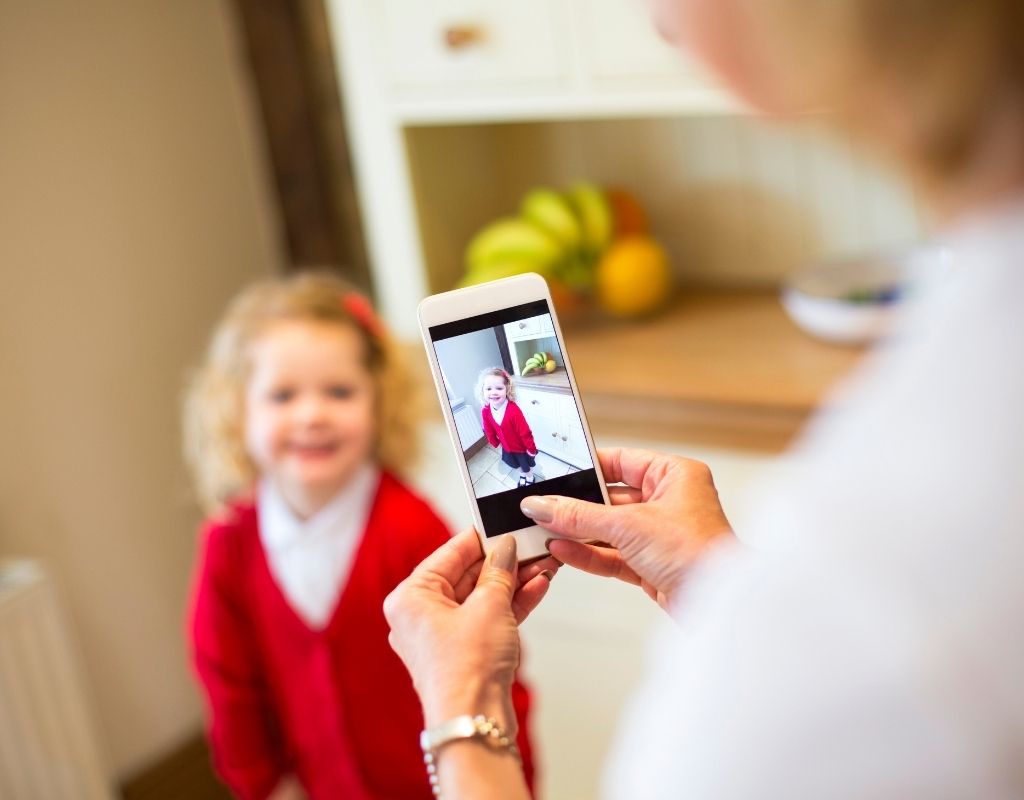
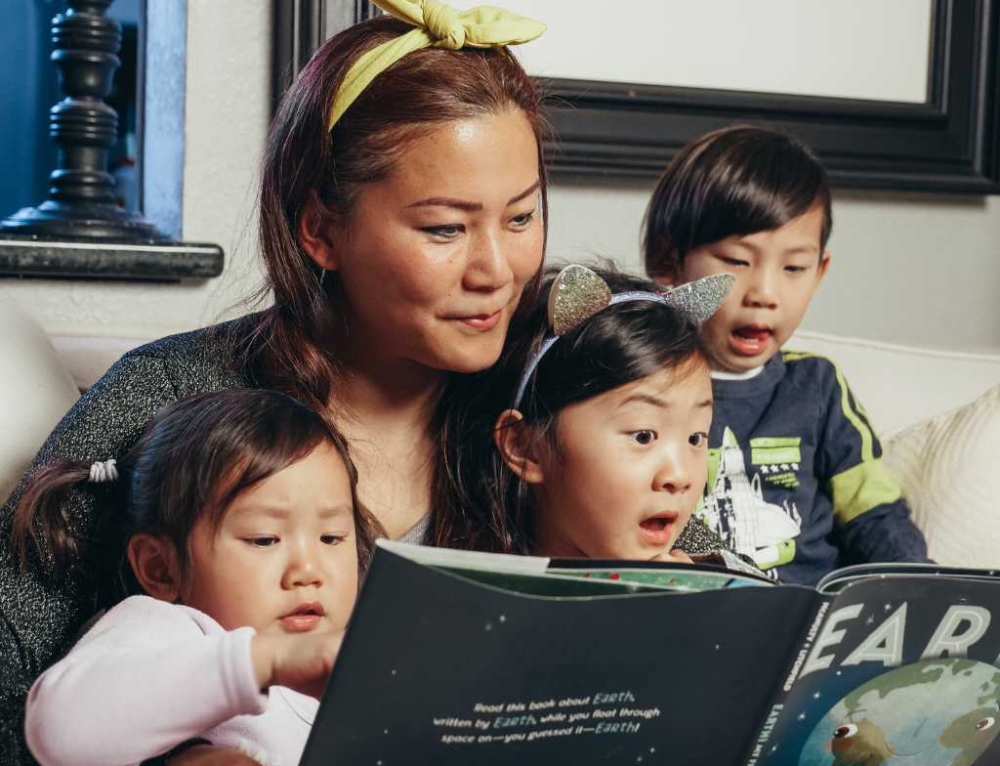
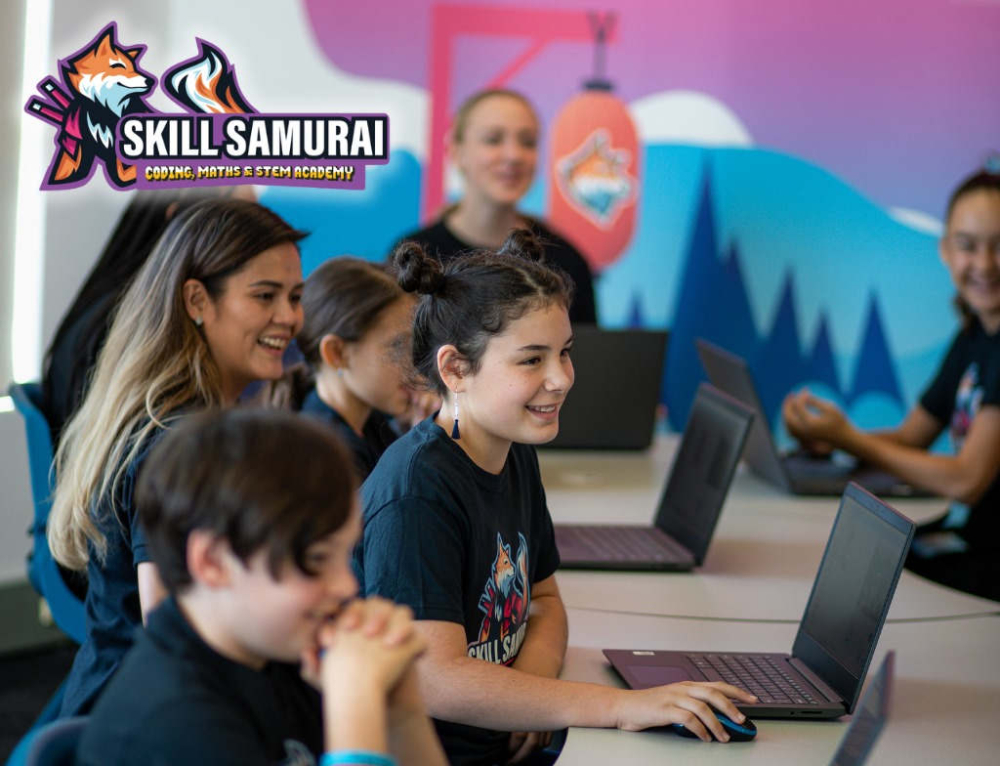
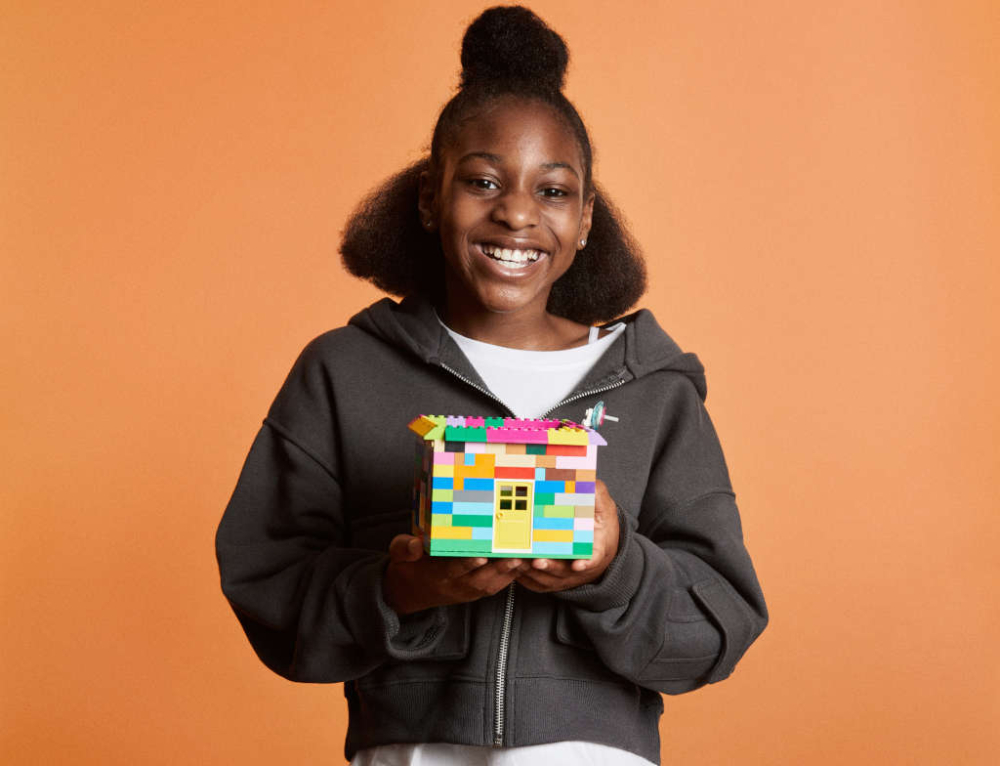

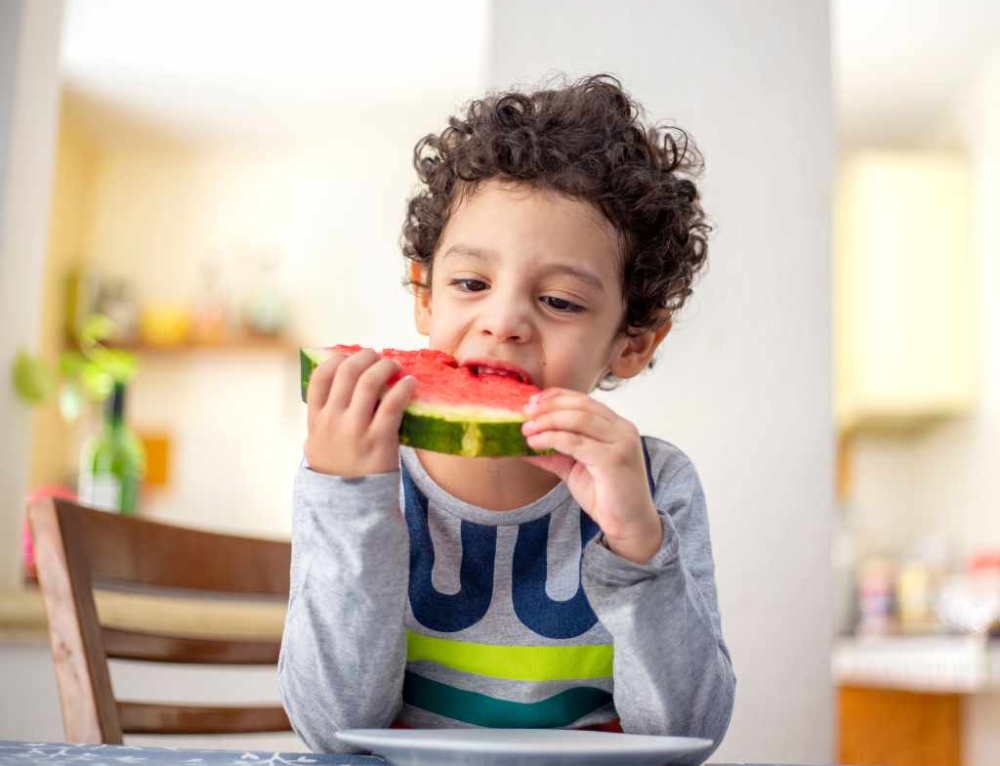
Leave A Comment
You must be logged in to post a comment.